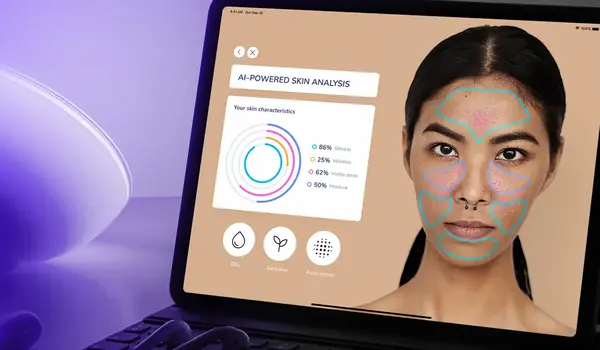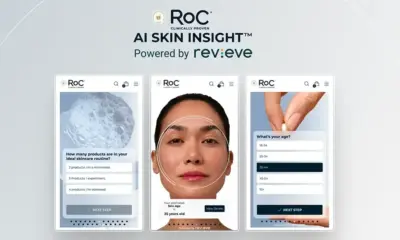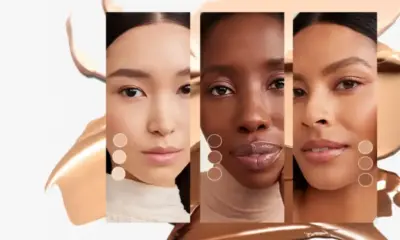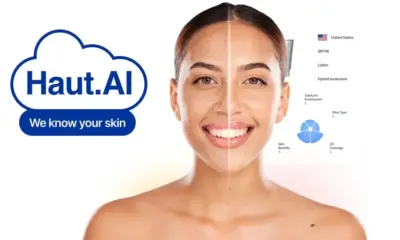Tech & Innovation
Study Finds AI-Powered Makeup Software is Transforming Beauty Marketing

AI Makeup Software Transforms Marketing in the Beauty Industry
AI Makeup Software Transforms Marketing by revolutionizing how beauty brands engage with consumers. Recent studies show that AI-powered beauty applications are reshaping cosmetics marketing. These innovative tools are offering brands new ways to connect with users, driving consumer engagement and boosting sales.
The Rise of AI Makeup Software Transforms Marketing
AI Makeup Software Transforms Marketing by enabling virtual try-ons and personalized product recommendations. Beauty brands now leverage AI to create immersive digital experiences that enhance customer satisfaction. These advanced tools also encourage consumers to make more informed decisions about their beauty products.
Enhancing Consumer Engagement and Driving Sales
The integration of AI makeup tools has significantly increased consumer engagement. Studies reveal that users of AI-driven makeup software are 40% more likely to purchase products compared to non-users. By bridging the gap between virtual trials and in-store purchases, AI has proven its ability to boost sales for beauty brands.
AI-powered beauty software also plays a key role in promoting electronic word-of-mouth (eWOM). Users are more likely to share their digital makeup experiences with their social circles, influencing others. This interaction helps beauty brands reach new audiences and enhance brand visibility in the competitive beauty market.
How AI Shapes Consumer Behavior and Marketing Strategies
AI Makeup Software Transforms Marketing by allowing beauty brands to collect valuable consumer data. This data can be used to create hyper-personalized marketing campaigns, tailored to real-time user preferences. The ability to offer individualized experiences on social media increases brand loyalty and long-term engagement.
Psychological Factors Driving AI Makeup Software Usage
A recent study highlights how psychological factors influence the adoption of AI makeup software. Negative body image, price sensitivity, and social media addiction were identified as significant drivers of AI makeup tool usage. The research emphasizes that consumers with a negative body image are particularly inclined to use digital tools to enhance their appearance.
Price sensitivity also plays a role, as consumers seek virtual try-ons to test products before committing to a purchase. Social media addiction, especially among younger consumers, further fuels the popularity of AI makeup applications. Platforms like Instagram and TikTok heavily influence beauty trends, making AI-powered beauty tools an essential part of modern marketing strategies.
The Future of AI in Beauty Marketing
AI-powered beauty tools are reshaping the way brands interact with consumers. As AI technology continues to evolve, beauty brands will find even more innovative ways to connect with their audiences. From personalized recommendations to virtual try-ons, AI makeup software is transforming the future of beauty marketing.
Explore more news and updates on how AI is changing the beauty industry on our website!




















